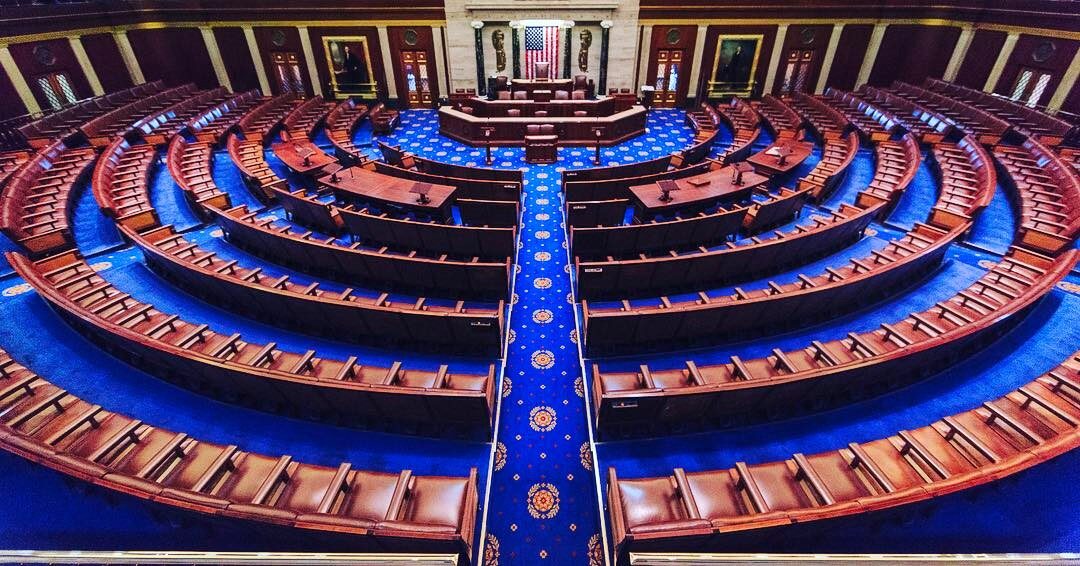A public housing agency in suburban Minneapolis has launched a program to provide technical help to residential rental property owners who want to install solar panels on their buildings.
In exchange, property owners will agree rent, at market rates, a share of their units to people who qualify for Section 8 Housing Choice vouchers.
The venture aims to reduce regional carbon emissions through solar energy and expand housing opportunities for low-income people.
The program is run by the Metropolitan Council Housing and Redevelopment Authority (Metro HRA) , which administers the largest Housing Choice Voucher program in Minnesota. As part of the pilot, Metro HRA will put together a group of property owners and connect them with solar developers. Expectations are that solar developers will be able to install panels at attractive group prices.
The program gets underway in the first quarter of 2021. Installations are slated to start in November 2021 and continue through October 2022.
Metro HRA points to a handful of apartments in the area that already have installed solar PV, including a 452 kW array atop 55 townhouses, a community clubhouse and a five-story apartment building.
Solar developers will be selected by the housing authority through a Request for Qualifications process. That means property owners can avoid the sometimes lengthy process of finding developers, evaluating their work and negotiating prices.
The Solar-for-Vouchers Program partners with Clean Energy Resource Teams (CERTs) to offer program participants free technical assistance. Technical assistance will include assistance with reviewing solar developer proposals with an eye toward contract best practices, and support to help program participants identify which contracts best fit their needs.
The low-income housing program offers federally funded rent subsidies to private property owners on behalf of renters who qualify. The vouchers are good for 120 days, meaning that a person who cannot rent a unit within that timeframe loses out. Metro HRA said that in 2019, only around 56% of those who received a voucher were actually able to rent within the timeline.
To be eligible for the solar initiative, properties must be served by Xcel Energy, the local utility; be no taller than 5 stories; contain 5 or more units; and be structurally sound enough to support solar panels.
In exchange for the technical help, property owners commit to rent, at market rate, a set number of units to low-income households for five years. Program participants also will need to lease to a voucher holder within 12 months after the date of signing a contract with a solar developer.
This content is protected by copyright and may not be reused. If you want to cooperate with us and would like to reuse some of our content, please contact: editors@pv-magazine.com.









By submitting this form you agree to pv magazine using your data for the purposes of publishing your comment.
Your personal data will only be disclosed or otherwise transmitted to third parties for the purposes of spam filtering or if this is necessary for technical maintenance of the website. Any other transfer to third parties will not take place unless this is justified on the basis of applicable data protection regulations or if pv magazine is legally obliged to do so.
You may revoke this consent at any time with effect for the future, in which case your personal data will be deleted immediately. Otherwise, your data will be deleted if pv magazine has processed your request or the purpose of data storage is fulfilled.
Further information on data privacy can be found in our Data Protection Policy.